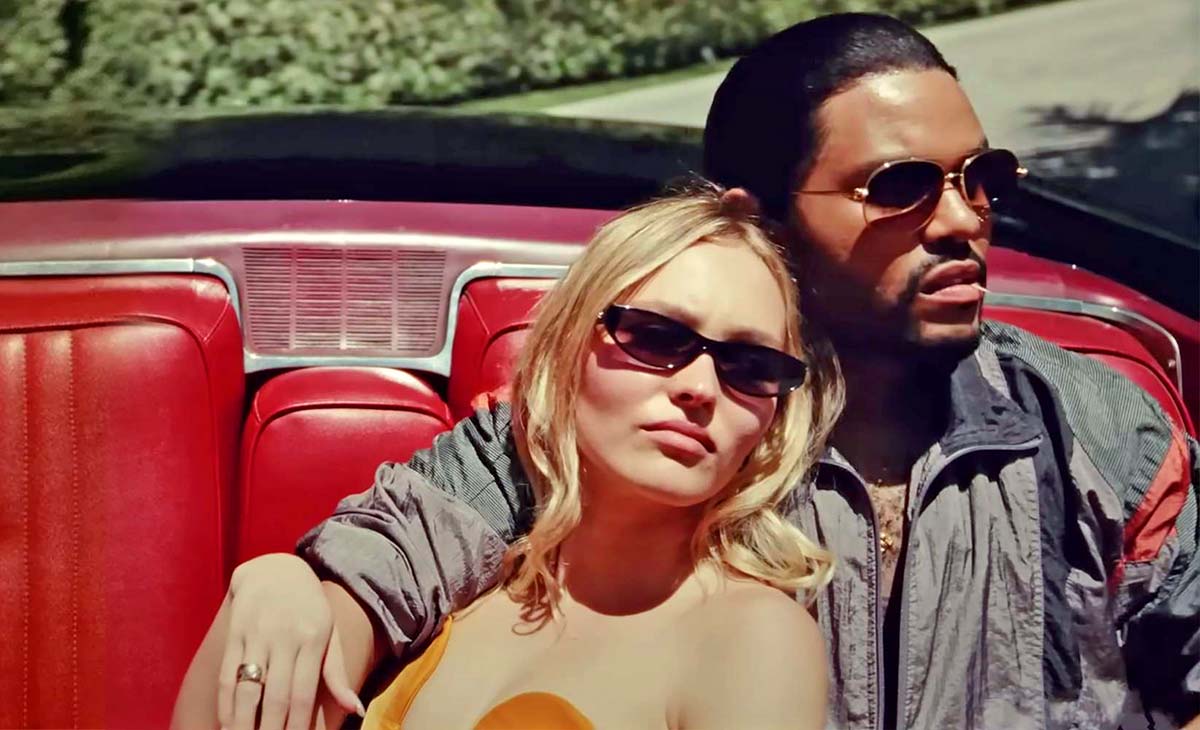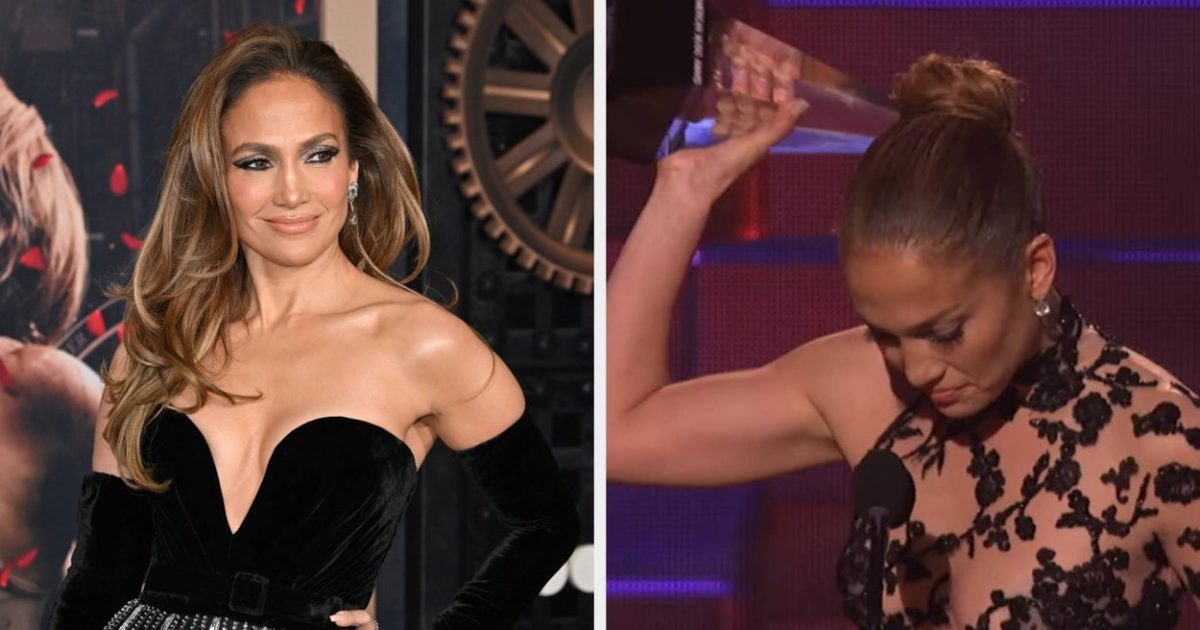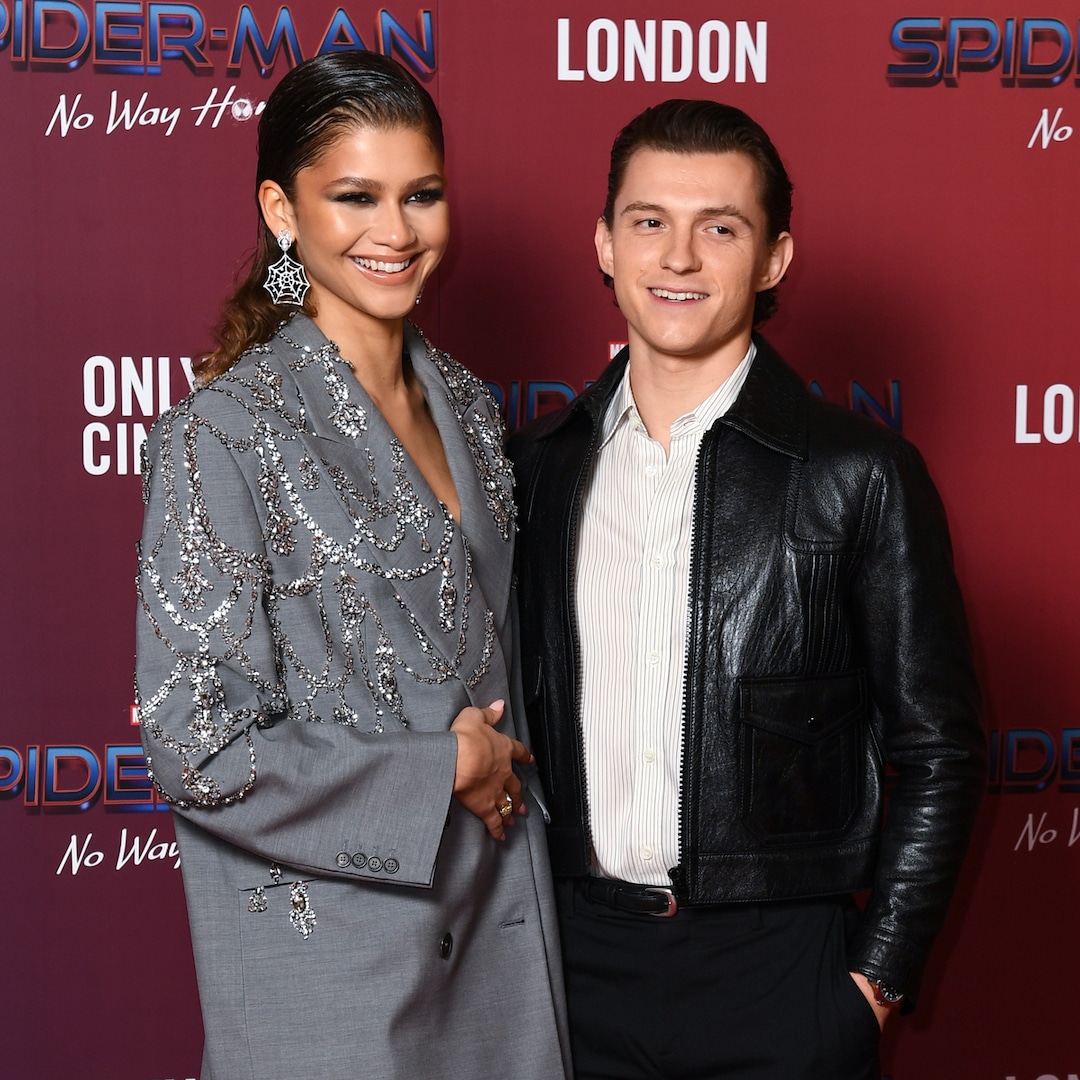
Sam Levinson’s Crude Provocation With The Weeknd & Lily-Rose Depp Is Gross & Sexist [Cannes]
May 24, 2023
Lord, give me strength. From the first minute of “The Idol,” the already controversial music-based television series from HBO Max (sorry, Max), it’s clear that creators Abel Tesfaye (formerly known as The Weeknd), Sam Levinson, and Reza Fahim want to incite a reaction. They hope to shock, subvert, strain, poke, and prod and subjugate the viewer to a torrent of explicit images they hope will push the boundaries of the sanitized television paradigm. The difference between a jester and a provocateur, however, is that the latter at least know they’re part of the joke. “The Idol” lacks the requisite self-awareness to be much of anything, really. It’s the extension of a music star’s misplaced self-belief of his potential movie star credentials rendering big-budget prestige television into an extension of his innermost fantasies. In short, it’s crude, gross, and sexist.
READ MORE: 2023 Cannes Film Festival: 21 Must-See Movies To Watch
Akin to a child taking their first Polaroid for the refrigerator, you can immediately foretell how this will age poorly. It begins in the series’ first episode—two were screened for the Cannes Film Festival audience—with an opening bearing a striking similarity to Ruben Östlund’s “Triangle of Sadness.” The camera starts with an uncomfortably close close-up of major pop star Jocelyn (Lily-Rose Depp). We can hear a photographer offscreen telling her to switch to different facial expressions: From happy, to vulnerable, to emotional. While Östlund’s film reveals the plasticity and performance of male models, Levinson’s opening suggests the ways Jocelyn doesn’t have agency over her emotions, image, or body. When she does exercise some control by bearing her breasts, an intimacy coordinator swoops in to stop the shoot. The coordinator becomes the butt of the scene: We’re so uptight about public perception we’ve forgotten how to be spontaneous artists.
The message stands as a failed attempt at being transgressive, as is the series’ ropey dialogue. The show is filled with wonderful character actors: Hank Azaria as Joceyln’s prickly father and the charismatic DaVine Joy Randolph as her friend; Rachel Sennott portrays Jocelyn’s loyal assistant; Dan Levy is her agent and a tremendous Jane Adams as label executive rounds out her crew as the agent—but they’re all weighed down by a shockingly inert script that can only allow them to give it their all. In the premiere episode, they’re a cadre of handlers who barely care for Jocelyn. They just want to keep her upright for the next single, the next tour, and the next payday. They have their work cut out for them.
Jocelyn pulled out of a tour the previous year following the death of her mother. It’s a tragedy still haunting the singer who began her career at 11 years old. Now the team is on red alert to keep breaking news away from her—during the premiere, a picture of Jocelyn with cum on her face is leaked on Twitter—but not enough to get her actual help or provide real friendship. They’ve invited a reporter from Vanity Fair (Hari Nef) who they hope will write a puff piece, though she appears less game to play by their rules. What makes matters worse is the singer doesn’t believe in the first single. Sure, it’s bound to be a megahit (the song is a banger). But what about her integrity? What does she want to sound like beyond chart success? Answering those questions would give her much more agency than the series is willing to allow. Instead, a series of acidic one-liners meant to shock the audience—”you’re cockblocking America,” being one—that reeks of a forced edginess rather than an interrogation of the misogyny and exploitation inherent to the music business.
The series, of course, changed course drastically when Amy Seimetz left her directing duties, causing Levinson to step in for major reshoots. There are parts that clearly look like the work of two different filmmakers, and they do not fit neatly together with regard to aim, aesthetics, or vision. Unless the footage is made available, we’ll never know who shot what, but it’s fascinating to consider the visual inconsistencies, such as oddly inconsistent uses of color grading, the difference in approach of lighting exterior and interior scenes, and the motivations of the characters themselves.
It’s no more glaring than with the show’s primary toxic romance. By the end of the premiere, Jocelyn is so fed up with her team she visits a nightclub run by Tedros (Tesfaye). For inexplicable reasons, the pair hit it off. We’re never clear what she sees him or what he provides because Levinson and co see Jocelyn as so broken that she’ll fall under any spell. Tesfaye is also a terrible actor. He lacks the comfortability, the gravitas, charisma, and charm to increase the viability of Jocelyn being attracted to him. In most scenes, Tesfaye either hides under the cover of dim lighting, obtrusive coverage, or re-recorded dialogue dubbed into several scenes.
In his scenes, the series craves to be part erotic thriller and part noir. But its lexicon of “True Romance” and “Basic Instinct” is, well, basic. As is the series’ conception of sex and what is sexy. We’re meant to believe that Tedros is a Svengali sex god whose prowess causes a vulnerable Jocelyn to pine for him and invite him into her inner circle. The sex scenes, however, are atrocious. They do not push any boundaries. Instead, they stay in the safe conventions of Pornhub videos—from the blunt dirty talk to the expressions of a sexual fantasy that posits the man as the sole arbiter of pleasure. It’s a wooden sensuality that provides very little of the intoxicating eros it should offer.
By the end of the second episode, we learn nearly nothing about Jocelyn other than her fragility, susceptibility, and mental crises that have isolated her. And yet, physically, we see everything: Her entire body becomes the site of the show’s leering but not a site of politics, culture, or gender. For her part, Lily-Rose is fully committed. She gives everything: body, soul, and heart. And yet, you can’t help but wonder why she must answer for this much while receiving only morsels of a character. She deserves better. Unless “The Idol” changes drastically in the next few episodes, she will be nothing more than the window dressing of a concept in service of a misguided, gross, unaware, and untenable vanity project. [D]
“The Idol” premieres June 4 on HBO.
Follow along with all our coverage from the 2023 Cannes Film Festival.
Publisher: Source link
Jennifer Lopez Finally Understands Mi Gente Latino Meme
Jennifer Lopez Finally Understands Mi Gente Latino Meme Kicking off 2025, J.Lo is now promoting Unstoppable, a new biography drama in which she stars alongside Moonlight actor Jharrel Jerome. At the 2011 American Music Awards, Jennifer won Favorite Latin Artist…
Jan 11, 2025
Tom Holland's Dad Shares Insight Into Zendaya Engagement
Tom Holland became the greatest showman for his proposal to Zendaya. Just days after the Spider-Man actress turned heads at the 2025 Golden Globes with a 5-carat ring on that finger, Tom's dad... Disclaimer: This story is auto-aggregated by a…
Jan 11, 2025
Aubrey Plaza Issues Statement After Jeff Baena’s Death
The 40-year-old star and Jeff’s family issued a statement to People on Monday, where they called their loss an “unimaginable tragedy.”The Los Angeles County coroner’s office previously determined that Jeff died by suicide in his LA home. He was 47…
Jan 10, 2025
Jill Duggar’s Husband Clarifies Where He Stands With Jim Bob Duggar
Jessa Duggar (m. Ben Seewald)Jim Bob and Michelle's fifth child, Jessa Duggar, was born Nov. 4, 1992. Jessa met Ben through church and he began courting her in 2013—the old-fashioned approach to romance coming as a brand-new notion to a lot…
Jan 10, 2025











